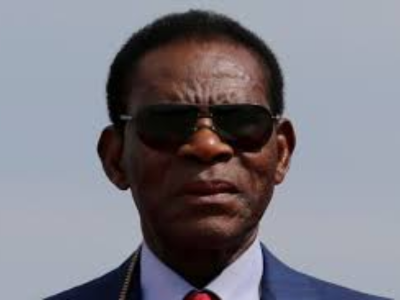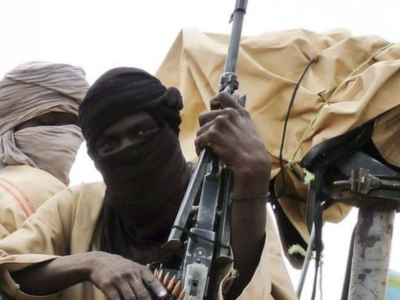Nigeria Restores History to School Curriculum to Foster National Unity
- by Editor
- Sep 18, 2025

Credit:
The Federal Government of Nigeria has reinstated history as a compulsory subject in the basic education curriculum, aiming to deepen national identity, unity, patriotism, and responsible citizenship among students, the Federal Ministry of Education announced on September 17, 2025.
The revised curriculum ensures that Nigerian history will be taught continuously from Primary 1 to Junior Secondary School (JSS) 3. Students in Senior Secondary School (SSS) 1–3 will study a new subject, Civic and Heritage Studies, which integrates history with civic education.
Primary school pupils will explore Nigeria’s origins, heroes, rulers, culture, politics, economy, religions, colonial rule, and post-independence governance while JSS students will focus on civilizations, empires, trade, European contacts, amalgamation, independence, democracy, and civic values.
The Ministry of Education described the reform as a “priceless gift” to the nation, designed to reconnect young Nigerians with their heritage while fostering pride and commitment to national development. To support the rollout, the ministry has released the updated curriculum, plans to retrain teachers, provide educational resources, and strengthen monitoring efforts.
History was removed from the primary and JSS curricula in the 2007 New Basic Education Curriculum, implemented in the 2009/2010 academic session, due to low student interest, limited job prospects for history graduates, and a shortage of qualified teachers.
Efforts to reverse this began in 2017, when the Nigeria Education Research and Development Council announced plans to reintroduce the subject starting in the 2018/2019 academic session. In 2022, the government initiated teacher training to support the reintroduction, culminating in the current reform.













0 Comment(s)